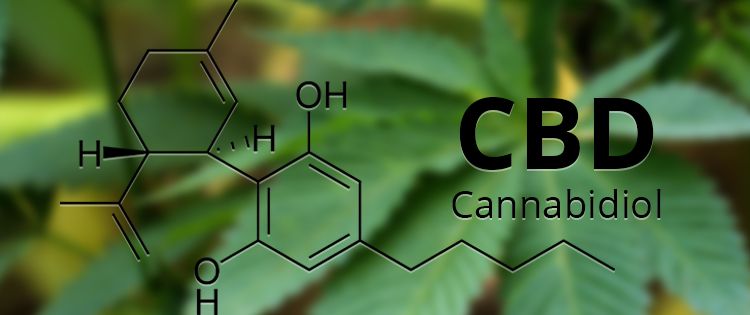It’s no secret that the use of CBD for medicinal and therapeutic reasons is growing in popularity.
In fact, 42% of users have traded their prescription drugs and medications for CBD. But even with the benefits of CBD becoming more prolific, there are still many misconceptions about this cannabis extract and its use.
Here are 10 misconceptions about CBD that will help clear things up for you or the skeptic in your life.
1. CBD Gets You High
The “high” feeling many people associate with marijuana comes from THC.
Although THC is present in CBD, it’s in very small doses. In fact, the THC levels found in CBD are so low that they don’t elicit a high but instead a state of relaxation and have calming effects. That’s why CBD is commonly used to reduce stress and anxiety.
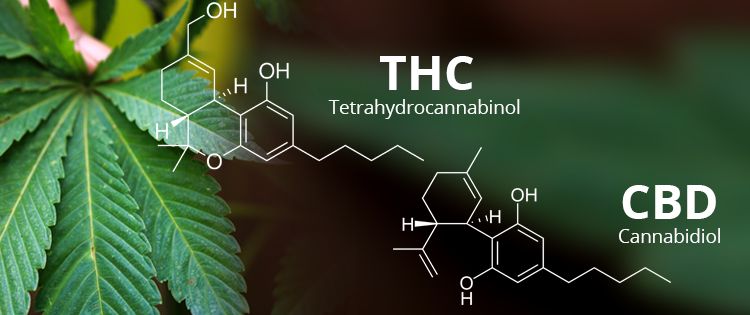
2. CBD isn’t Psychoactive
While CBD won’t get you high, saying that it’s not psychoactive at all isn’t exactly accurate.
That’s because classifying something as non-psychoactive means that it doesn’t alter your frame of mind at all. And this can’t be true. That’s because CBD is known for its healing benefits and contains anti-anxiety, anti-psychotic, and mood elevating properties.
All of these things, while positive, are still psychoactive. The difference between CBD and other psychoactive drugs is that CBD doesn’t alter your physical mobility or cognitive function. It’s more accurate to refer to CBD as non-intoxicating or impairing, not non-psychoactive.
3. CBD is Illegal
Medical marijuana is currently legal in 32 states. Recreational use of the drug is legal in only 10 states plus Washington D.C.
While CBD isn’t legal without any restrictions or questions, it’s not classified as “illegal”.
With that being said, the use of CBD is legal depending on the level of THC found in the product.
All products containing less than 1% of THC can be legally purchased and sold in the United States. That’s because THC is illegal, whereas cannabinoids, like CBD, are not held to these same restrictions. CBD containing levels of THC over 1% are subject to further scrutiny and laws.
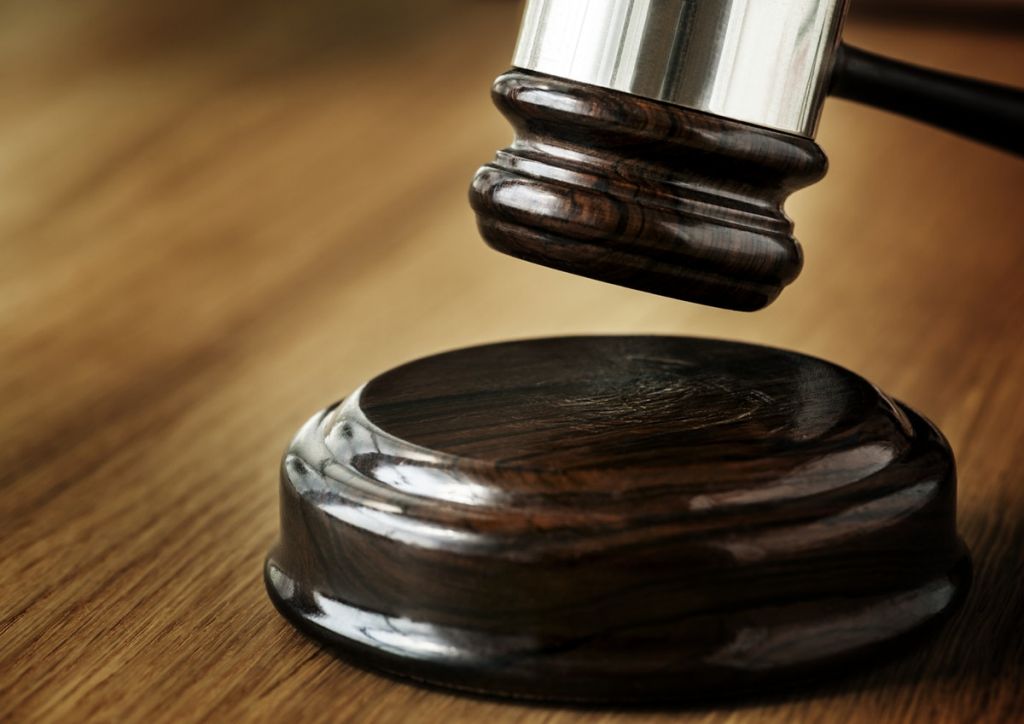
4. CBD is Difficult to Get
For non-users, CBD might sound like an elusive substance that’s difficult to get your hands on.
In fact, the opposite is true and CBD comes in many different forms including oils, gels, capsules, tinctures, and creams. With thousands of CBD sellers online and storefronts opening by the dozens, getting your hands on CBD products isn’t difficult at all.
But it’s important to do your research before purchasing or trying CBD. Double-check with your physician on the recommended dosage and uses. Also, start slow. If you’ve never ingested or used CBD, use a small dose first and see how your body reacts before increasing the amount.
5. CBD is Hard to Use
You don’t need to be a regular weed smoker or even a THC user at all to effectively use and consume CBD. Because it comes in so many forms, CBD is easily taken by mouth or applied to the skin as a topical treatment. You can also smoke CBD using a vape pen and other Synergy Extracts CBD Products.
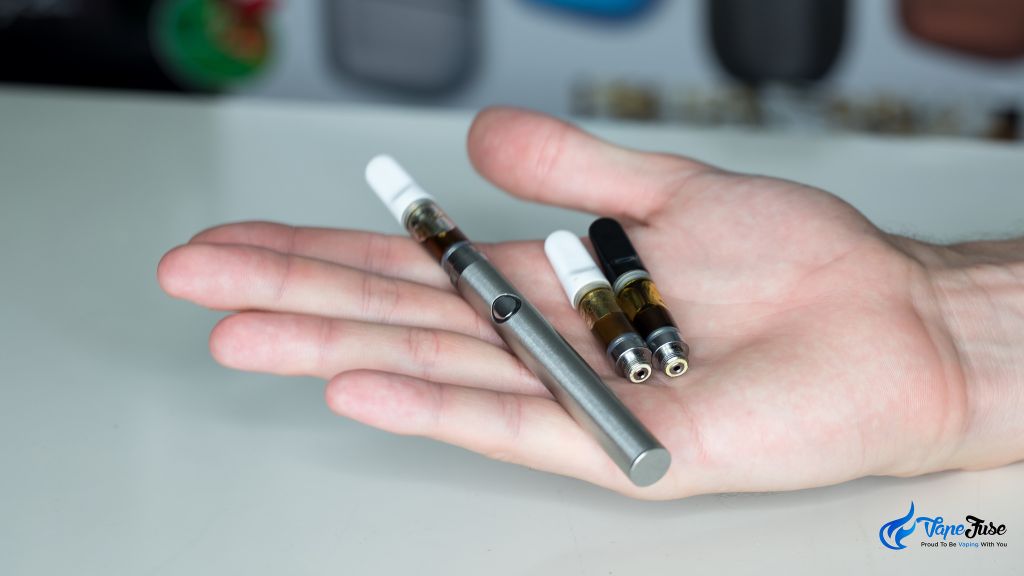
6. You Can Only Use CBD to Treat a Medical Condition
Wrong! The benefits and enjoyable effects of CBD are not strictly reserved for those dealing with a medical condition or diagnosis.
CBD improves sleep, overall mood, and reduces stress, which are all things that most people can benefit from. However, recreational use of CBD isn’t nearly as common as THC use.
That’s because most recreational users are looking for that “high” feeling. CBD doesn’t deliver enough of these feelings to make its use worth it for those individuals not treating a medical condition.
On the flipside, THC is used for both medicinal and recreational purposes.
7. All CBD is Created Equal
When discussing any type of drug or cannabinoid, there are differences and strengths to consider.
That means that not all CBD or CBD products are created equal. And they don’t all offer the same benefits and effects. That’s because different forms of CBD contain different amounts of THC.
Many CBD oils found in the grocery or health food stores are made using hemp seed oil, which contains very small traces of THC. Some online distributors make CBD oil and products using higher concentrations of THC.
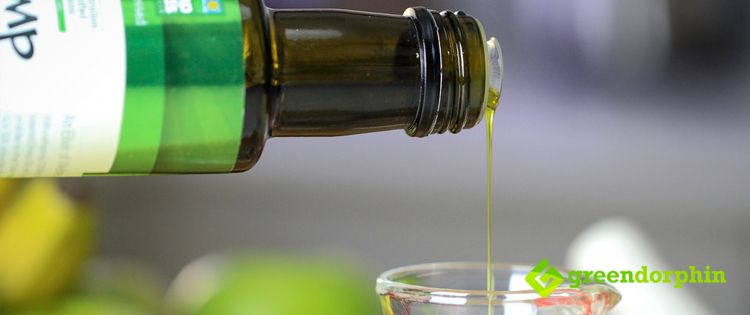
You also need to consider health and safety standards and how the products are tested before purchasing CBD from any source.
8. CBD is a Sedative
It’s no secret that some of the main benefits associated with CBD are its ability to reduce stress, help patients sleep, and elicit feelings of relaxation and calm.
But does that mean CBD is a sedative? Not necessarily. In fact, CBD can actually create a feeling of alertness in some people.
The ingredients found in CBD are proven to counteract the sedative feelings caused by THC and in some cases, can delay sleep.
So how does this help people suffering from sleep disorders? CBD can help a person feel more alert during the day and ward off feelings of fatigue, leading to a more active day and better night’s sleep.
But it’s important to note that some forms of CBD do contain myrcene, which can act as a sedative.
9. CBD is the Same as Medical Marijuana and Hemp
There is a lot of overlap in terms of CBD, marijuana, and hemp. Some people use these terms interchangeably, which isn’t quite accurate.
There is CBD derived from marijuana and CBD made from hemp oil. And it’s the origin of each type of CBD that makes it different.
As you’ve probably already guessed, CBD derived from marijuana contains THC and can cause some altering effects, whereas CBD that comes from the hemp plant contains very little levels of THC. Both hemp and marijuana come from the cannabis plant.
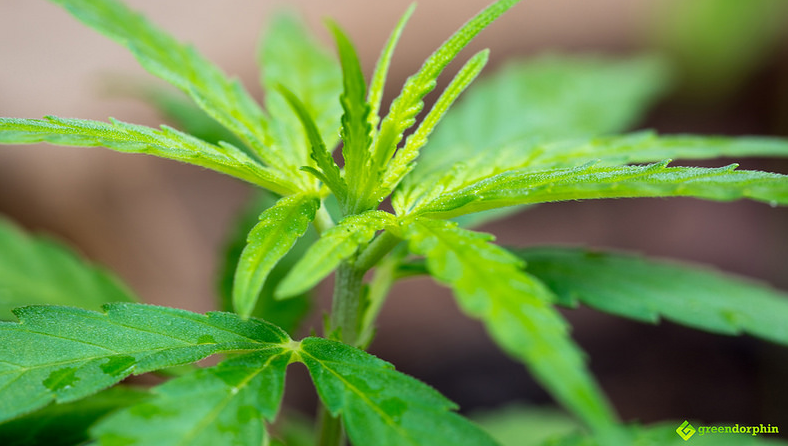
10. We Know Everything There is to Know About CBD
Marijuana is no longer classified as a gateway drug used by teenage stoners. Its medical and recreational use is growing in popularity and with that, it’s been studied and altered many times over.
Medical professionals who understand the benefits of medical marijuana also understand the stigma surrounding it. Which is why CBD is becoming increasingly popular. It’s the legal form of THC that offers benefits without mind-altering effects.
While this isn’t what all users are looking for, those who strictly require a non-prescription answer to their medical ailments, CBD may just be the answer they need.
CBD acceptance is on the rise and its uses and benefits are only just beginning. But in order to use CBD properly and safely, it’s important to differentiate between the truths, myths and misconceptions.
These are just 10 misconceptions about CBD. There are likely more out there and more to come. So be sure to stay up to date on current news and research surrounding CBD use, which will ensure you have the best experience possible.
If you know more misconceptions about CBD, let us know in the comments below!
- Why CBD Gifts Could Be the Perfect Present For Your Loved Ones - July 15, 2020
- Common Kratom Myths Debunked - July 14, 2020
- The Pros and Cons of Different CBD Extraction Methods - May 8, 2020

